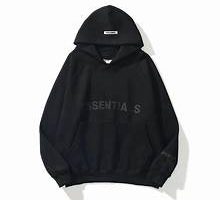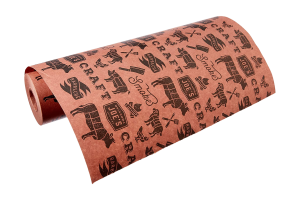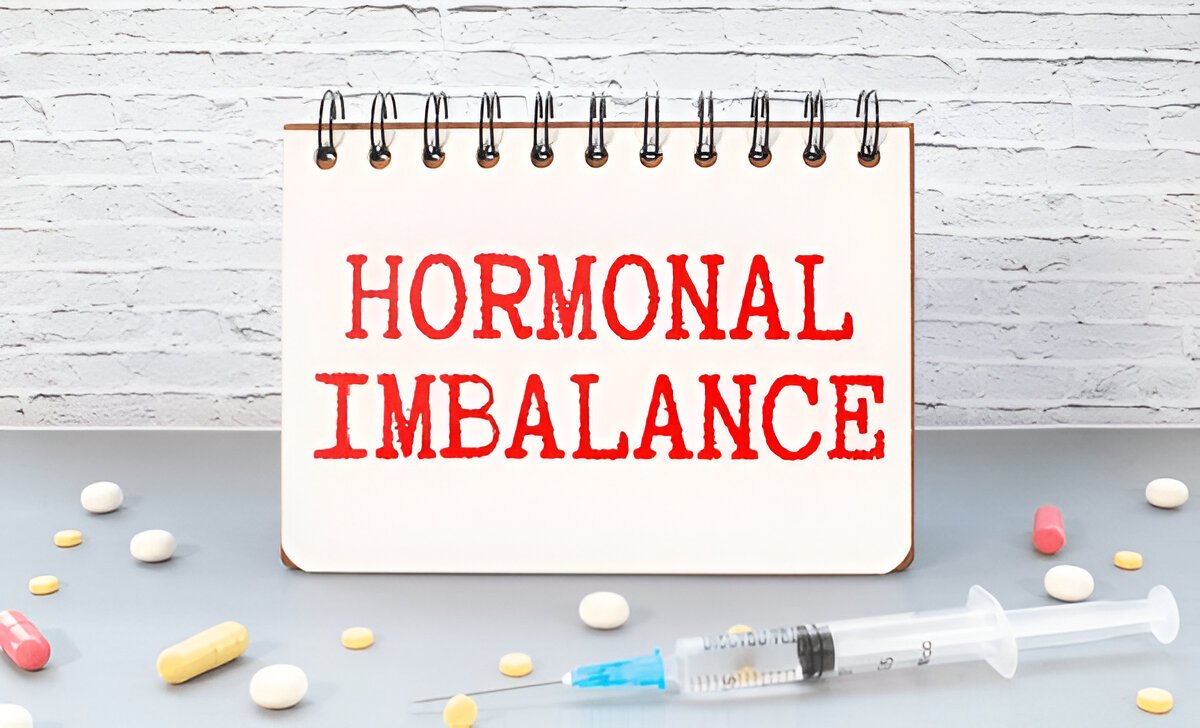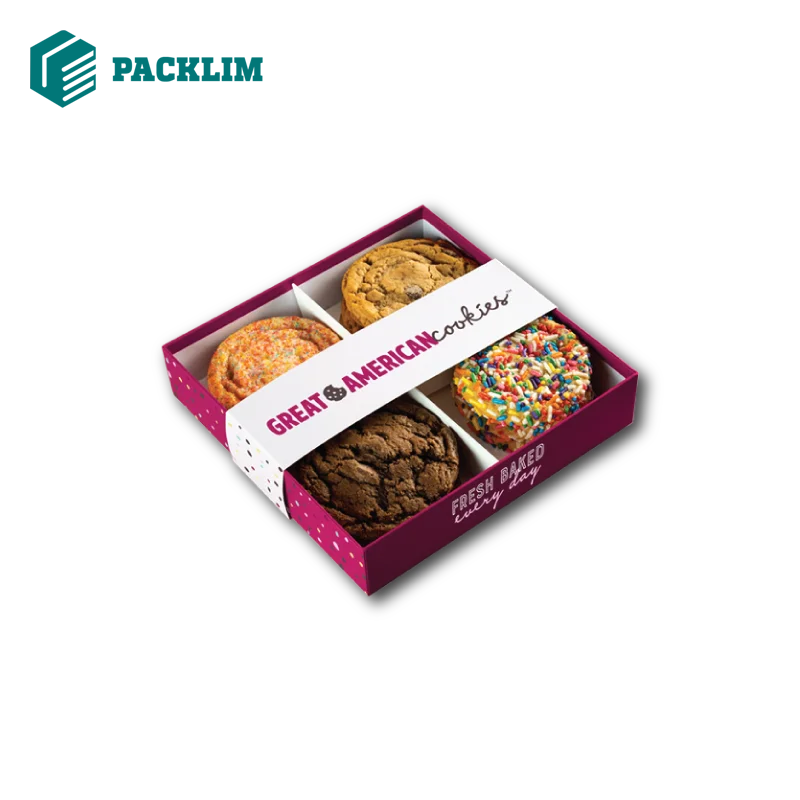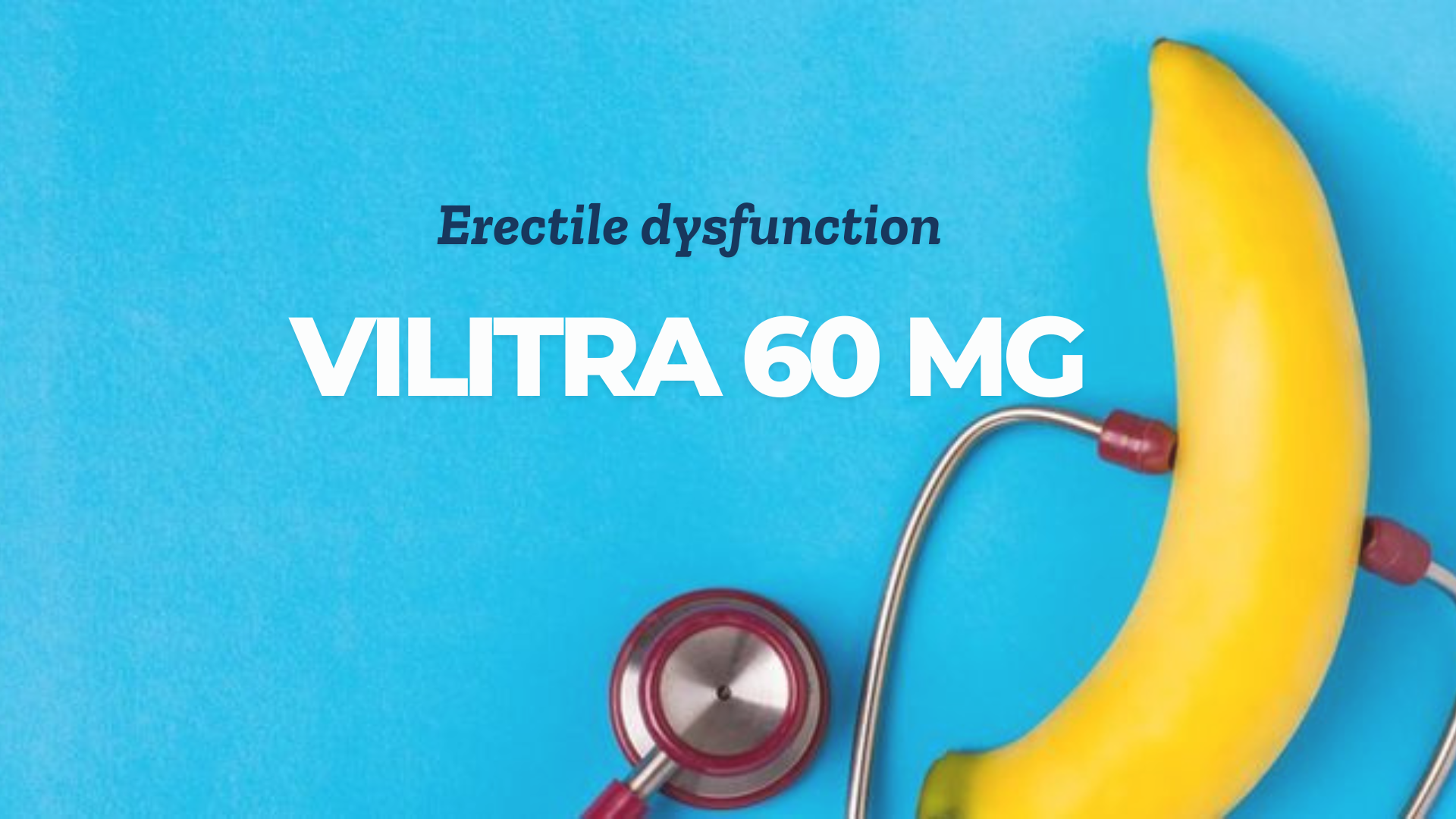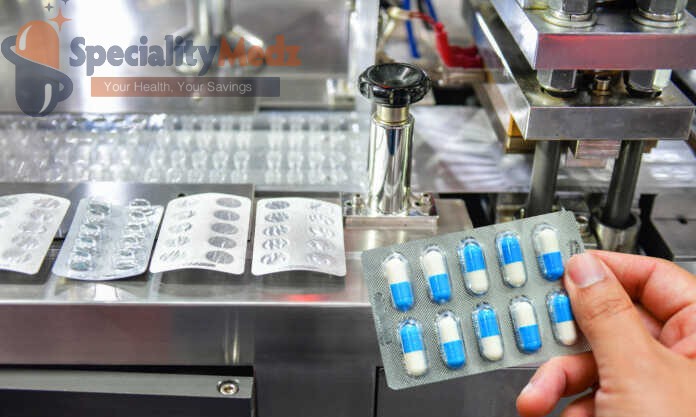Maintaining hormone balance becomes increasingly important as women move through different life stages.
From fluctuating estrogen in your 30s to managing menopause symptoms in your 50s, the right supplements can support your physical, mental, and emotional well-being.
This guide will help you understand which supplements for women’s hormone health are best and how they can promote hormonal health.
Why Hormonal Balance Matters at Every Stage of Womanhood
Hormones influence nearly every function in a woman’s body—mood, weight, sleep, skin, energy, and reproductive health. As you age, your hormonal needs change, and so do the nutritional demands of your body. Supporting hormone balance with targeted supplements can help reduce symptoms and enhance your quality of life.
What Causes Hormonal Imbalance in Women?
- Chronic stress (increases cortisol, decreases progesterone)
- Poor diet (lacking in essential vitamins and minerals)
- Environmental toxins (xenoestrogens in plastics and cosmetics)
- Aging (natural decline in estrogen, progesterone, and testosterone)
- Medical conditions (PCOS, thyroid disorders, diabetes)
Related Article: Female Hormonal Imbalance Problems: Causes, Symptoms & Treatment
Signs You May Have a Hormonal Imbalance
- Irregular or heavy periods
- Persistent fatigue
- Mood swings, anxiety, or depression
- Unexplained weight gain
- Acne or hair thinning
- Low libido
- Trouble sleeping
Natural Ways to Support Hormonal Health
- Eating a whole-food, anti-inflammatory diet
- Managing stress with meditation or yoga
- Prioritizing sleep and recovery
- Regular strength and cardio exercise
- Reducing exposure to endocrine disruptors
- Taking age-appropriate, high-quality supplements
Key Supplements for Women in Their 30s
Your 30s are often the busiest decade—career growth, family planning, and hormonal fluctuations. Supporting energy, mood, and reproductive health is key.
Best Vitamins for Women in Their 30s
Vitamin D3 for Mood and Bone Health
Vitamin D3 is crucial for maintaining bone density, regulating mood, and supporting the immune system. Many women are deficient due to limited sun exposure, especially those working office jobs. Vitamin D also plays a role in regulating estrogen and supporting reproductive health.
B-Complex for Energy and Stress Relief
B-vitamins (especially B6, B12, and folate) are essential for cellular energy production and nervous system support. These vitamins help combat stress, reduce fatigue, and support cognitive function.
For women planning pregnancy, folate is critical for fetal development. Choose a B-complex with methylated forms like methylcobalamin and methylfolate for optimal absorption and hormone support.
Trending Supplement: Ashwagandha for Stress and Hormones
Ashwagandha is a powerful adaptogenic herb known for its ability to regulate cortisol levels and support adrenal function.
In your 30s, when stress is often high, Ashwagandha can help balance mood, reduce anxiety, and even improve fertility by enhancing thyroid function and hormone production.
Taken consistently, it may also improve sleep quality and reduce inflammation.
Related Article: Top Supplements for Women’s Hormonal Health
Should You Take a Multivitamin in Your 30s?
Yes—especially if your diet lacks variety. Choose a multivitamin with methylated B-vitamins, iron (if menstruating), and antioxidants.
Best Supplements for Women in Their 40s
As perimenopause begins, estrogen and progesterone levels fluctuate, often causing sleep issues, anxiety, and irregular periods.
What Happens to Hormones in Your 40s?
This is the pre-menopausal phase where the ovaries gradually produce less estrogen. You may notice:
- Irregular cycles
- Hot flashes
- Mood changes
- Slower metabolism
Perimenopause Supplements to Consider
Omega-3s for Heart and Brain Health
Reduce inflammation, support cognitive function, and help regulate mood swings.
Magnesium for Sleep and Anxiety
Helps calm the nervous system, improve sleep quality, and ease muscle cramps.
DIM Supplements for Estrogen Balance
Supports healthy estrogen metabolism and may reduce symptoms like bloating and breast tenderness.
Collagen Supplements for Skin, Hair, and Joints
Boosts skin elasticity, reduces wrinkles, and supports joint health as collagen levels decline with age.
Top Supplements for Women in Their 50s
This is a transformative time marked by menopause and postmenopause. Supplementation focuses on bone strength, heart health, and hormonal stability.
Menopause Support Supplements That Work
Black Cohosh and Red Clover for Hot Flashes
These plant-based supplements help reduce hot flashes and night sweats by supporting estrogen receptors naturally.
Calcium + Vitamin K2 for Bone Strength
Essential for maintaining bone density and ensuring calcium is deposited in bones, not arteries.
Probiotics for Gut and Immune Health
Promotes better digestion, supports immune function, and may help with vaginal health post-menopause.
Hormone Replacement vs. Natural Supplementation
While HRT can be effective, natural alternatives like phytoestrogens, adaptogens, and lifestyle adjustments may offer gentler support without the side effects.
Supplements Women Are Searching for in 2025
The wellness world is constantly evolving, and women are more informed than ever.
Trending Now: Seed Cycling for Hormone Balance
Rotating seeds like flax, pumpkin, sesame, and sunflower during your menstrual cycle is believed to support estrogen and progesterone balance naturally.
Best Adaptogens for Women’s Hormonal Health
- Ashwagandha
- Rhodiola
- Maca
- Schisandra
These herbs help the body adapt to stress and support adrenal and thyroid function.
Should You Try Maca Root or Evening Primrose Oil?
- Maca Root: Supports libido, energy, and hormonal balance during menopause.
- Evening Primrose Oil: Rich in GLA, beneficial for PMS, skin health, and hot flashes.
What Women Over 40 Are Buying on Amazon
Collagen powders, magnesium glycinate, DIM supplements, and clean multivitamins are dominating wish lists—often with organic and non-GMO labels.
How to Choose the Right Supplement for Your Age and Lifestyle
Reading Labels and Understanding Dosage
- Look for third-party testing (NSF, USP, GMP certified)
- Avoid fillers, artificial colors, and preservatives
- Choose bioavailable forms (e.g., methylated B12, chelated minerals)
When to Talk to a Doctor or Nutritionist
- If you’re taking medications
- Planning pregnancy or going through menopause
- Dealing with chronic conditions like thyroid issues or PCOS
Avoiding Hormone-Disrupting Ingredients
Stay away from BPA, parabens, phthalates, and artificial sweeteners in supplement packaging and formulation.
FAQs on Women’s Supplements and Hormone Health
Are Hormonal Supplements Safe for Long-Term Use?
Most natural supplements are safe when used as directed, but consult your doctor for long-term plans, especially if you’re on prescription meds.
Can Supplements Replace Hormone Therapy?
Not entirely—but they can complement or serve as a gentler alternative, especially for mild to moderate symptoms.
Best Time of Day to Take Hormonal Supplements
- Morning: B-complex, Vitamin D, adaptogens
- Evening: Magnesium, calcium, herbal relaxants
Always follow label directions and consider food timing for absorption.
Final Thoughts: Supporting Your Hormones Through Every Decade
A Holistic Approach to Women’s Wellness
Supplements are one part of the equation. True hormonal balance also requires stress management, movement, quality sleep, and mindful nutrition.
Daily Habits That Support Healthy Hormones
- Eat balanced meals with healthy fats and fiber
- Prioritize rest and recovery
- Limit caffeine, sugar, and alcohol
- Practice self-care to lower cortisol
Track your cycle to stay in tune with your body


